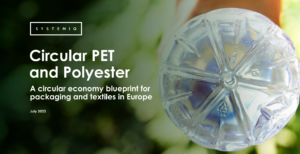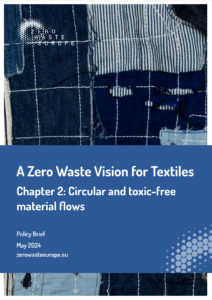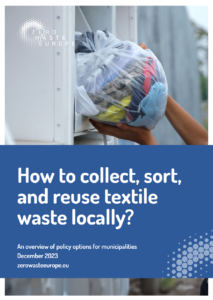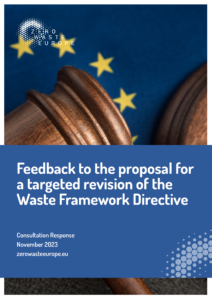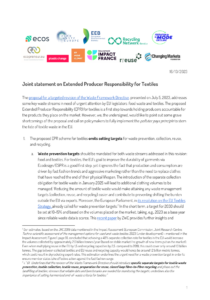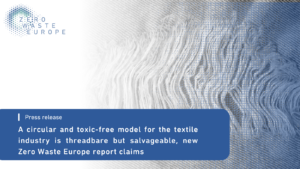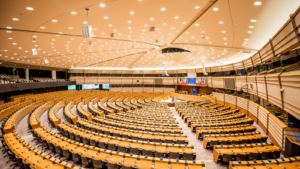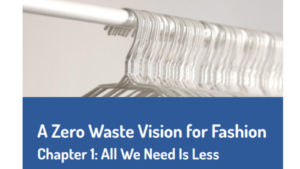Going beyond circular fashion
Textiles
The EU’s goal to improve the waste management and durability of garments is a good first step towards more sustainability in the sector. However, the current initiatives ignore the fact that production is mainly driven by fast fashion trends and aggressive marketing rather than the need to replace broken clothes. Until this is addressed via, for example, effective waste prevention measures, we are only treating the symptoms of a broken system.” – Theresa Mörsen, Waste & Resources Policy Officer
Introducing Extended Producer Responsibility (EPR) for textiles is a key tool towards holding producers accountable for the products they release onto the market. However, it remains crucial to reshape the rules for EPR in the EU. There is an urgent need to revise issues such as the eco-modulation of fees and the governance of Producer Responsibility Organisations. EPR should act as a price incentive to drive better design instead of a fee that producers ‘pay to pollute’.
Concretely, our work on textiles covers the following areas:
- Waste prevention and sufficiency in the textile sector;
- Zero waste fashion business models;
- Optimising collection, sorting, reuse and recycling of textile waste.

